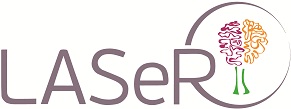- Home
Welcome !
The doctoral school of sciences and technology at Lebanese University supports various scientific research developments.
In this scope, the AZM center of research implemented in Tripoli is a multidisciplinary platform and many activities have been done to ensure development of new academic programs...
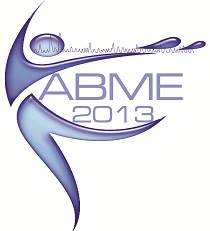
- Objective
Objective of this conference

The aim of this conference is to present the latest developments in biomedical sciences, bioinformatics and related topics.
This conference is an excellent opportunity to exchange scientific ideas with different partners in Lebanon and abroad and to
promote and to support the implementation of joint research and PhD projects.
First Day
September 11, 2013Second day
September 12, 2013GALA Dinner
September 12, 2013(soon)Last DAY
September 13, 2013(soon)- Partner Universities
- Lebanese University, LU, LB
- Saint Joseph University, USJ, LB
- Notre Dame University, NDU, LB
- Rafic Hariri University, RHU, LB
- Islamic Univ. of Lebanon,IUL, LB
- Saint Esprit of Kaslic Univ. USEK, LB
- More...
- Keynote speaker
Prof. Mohamad Sawan Canada Research Chair in Smart Medical Devices Polystim Neurotechnologies Laboratory Polytechnique Montreal, Canada
Prof. SAWAN
Metin Akay, Ph.D. Founding Chair, John S Dunn Endowed Chair Professor
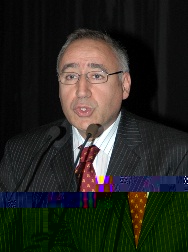
Prof. AKAY
Professor for Bioinformatics at the University of Leipzig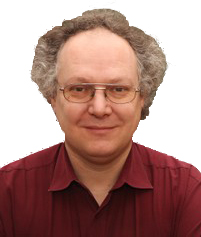
Prof. STADLER- Modality and submission
Paper presentation and submission

The conference will consist of oral presentations of fifteen minutes with few plenary sessions. All submitted papers will be peer reviewed. Accepted papers will be published as a collective work in an electronic format and will be submitted for inclusion to IEEE Xplore
He currently serves on the advisory board of several international journals including the IEEE T-BME, IEEE T-ITIB, Smart Engineering Systems etc. and furthermore serves on several NIH and NSF review panels
Dr. Akay is a recipient of the IEEE EMBS Early Career and Service awards as well an IEEE Third Millenium Medal and is a fellow of IEEE, the Institute of Physics (IOP), the American Institute of Medical Biological Engineering( AIMBE) and the American Association for the Advancement of Science (AAAS). His Neural Engineering and Informatics Lab is interested in developing an intelligent wearable system for monitoring motor functions in Post-Stroke Hemiplegic Patients and detecting coronary artery disease. In addition, his lab is currently investigating the effect of nicotine on the dynamics of ventral tegmental area (VTA) dopamine neural networks.
Seminar Title: Advances (Innovations) in Neural Engineering
Abstract: Neural Engineering is a new discipline which unites engineering, computer science, physics, chemistry, and mathematics with cellular, molecular, cognitive and behavioral neurosciences, to understand the organizational principles and underlying mechanisms of the biology of neural systems, and to study the behavior dynamics and complexities of neural systems in nature. Therefore, it deals with many aspects of basic and clinical problems associated with neural dysfunction including the representation of sensory and motor information, the electrical stimulation of the neuromuscular system to control the muscle activation and movement, the analysis and visualization of complex neural systems at multi-scale from the single-cell and to the system levels to understand the underlying mechanisms, the development of novel electronic and photonic devices and techniques for experimental probing, the neural simulation studies, and the design and development of human-machine interface systems and artificial vision sensors and neural prosthesis to restore and enhance the impaired sensory and motor systems and functions from gene to system.
Furthermore, the neuroscience has become more quantitative and information-driven science since emerging implantable and wearable sensors from macro to nano and computational tools facilitate collection and analysis of vast amounts of neural data. Complexity analysis of neural systems provides physiological knowledge for the organization, management and mining of neural data by using advanced computational tools since the neurological data are inherently complex and non-uniform and collected at multiple temporal and spatial scales. The investigations of complex neural systems and processes require an extensive collaboration between biologists, mathematicians, physicists, computer scientists and engineering to improve our understanding of complex neurological process from system to gene.
To highlight this emerging discipline, we devote this talk to the recent advances in neural engineering.

ICABME 2013 |
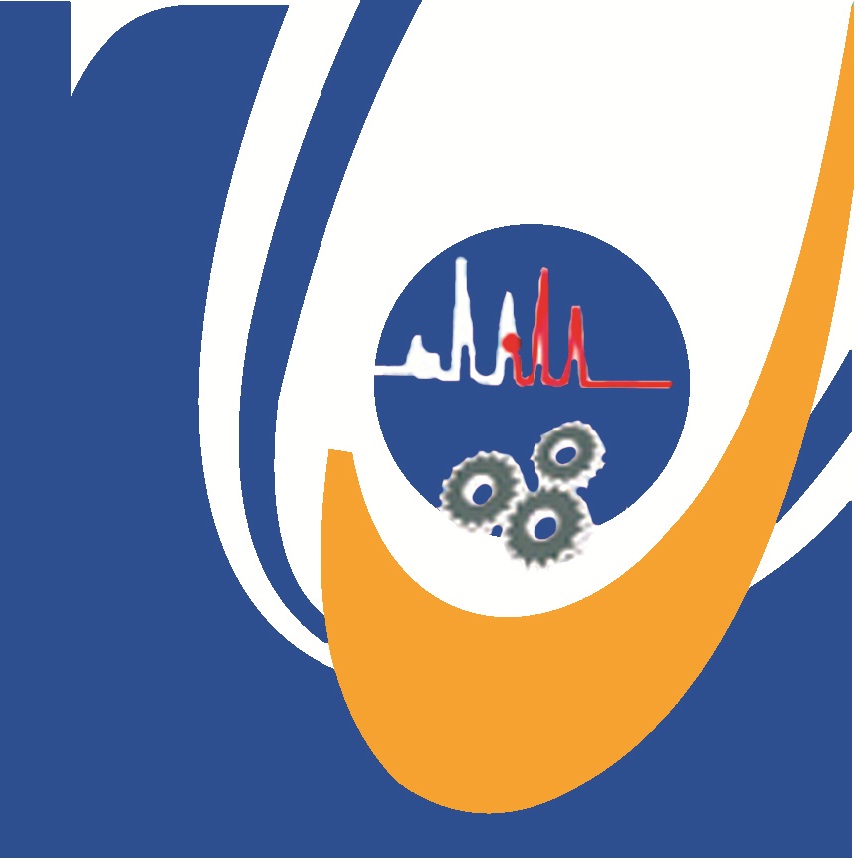  |
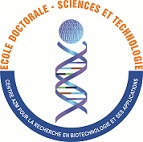 |
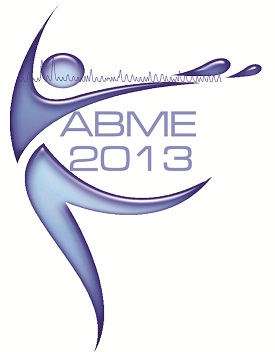
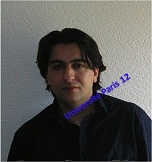







 Mohamad SAWAN
Mohamad SAWAN Metin AKAY
Metin AKAY Peter STADLER
Peter STADLER Amine NAIT ALI
Amine NAIT ALI
